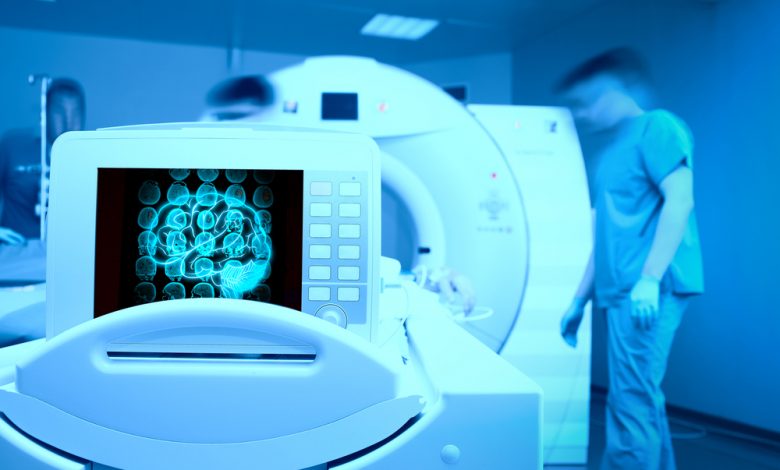The Impact of Technology on Cancer Treatment

In the last 20 years alone, we have come on leaps and bounds in the technological sphere. Typically, we think of this in terms of PCs, tablets, and smartphones, but the development of technology has been vital to the medical sector. Since cancer is becoming increasingly common, with one in two of us likely to get it during our lifetime, treatment has had to rapidly progress to save millions from suffering. Without proper treatment, cancer is incredibly deathly and can snatch the lives of young people across the globe. Despite this, technology has allowed us to bring forward a whole load of new treatments, with the hope that more will surely crop up as we progress even further.

Common Treatments
The most common cancer treatments are surgery, chemotherapy, and radiotherapy at somewhere like this radiotherapy center. Surgery is typically used to alleviate symptoms caused by a cancerous tumour, as well as preventing, diagnosing, staging, and treating cancer. Chemotherapy involves a strong medication entering the body to either control the spread of cancer or cure it completely. Radiotherapy comes in many forms, MR-linac in the UK is just one example; on the whole, it produces high radiation doses to shrink or eradicate cancer cells.
New Treatments
The newer treatments for cancer include proton beam therapy and immunotherapy. Proton beam therapy is basically a more precise version of radiotherapy. This is because proton beams will not go beyond the cancerous cells, instead they will target diseased cells alone. This is a safer option to that of traditional radiotherapy, as the radiation can cause healthy cells to mutate. Therefore, proton beam therapy is typically used in sensitive areas, wherein other cells can’t afford to be compromised.
The newer proton beam radiotherapy tends to offer improved precision in targetting cancer cells while minimizing damage to surrounding healthy tissue compared to traditional radiotherapy. By focusing the radiation directly on tumors, especially in sensitive areas of the body, the chances of successful recovery by better preserving healthy cells can be increased. This type of treatment, available at specialized radiotherapy center can help patients get rid of cancerous cells and provide them with the opportunity to battle this life-threatening disease fairly. With more targeted treatment, patients may be able to beat cancer more effectively.
Immunotherapy works to stimulate the body’s immune system so that your body is equipped to tackle cancer ahead of it becoming detrimental to your health. An example of this is the human papillomavirus (HPV) vaccine, which is routinely administered in British schools to girls between the ages of 13 and 14. The circulation of this began in 2008, meaning that a generation of women is protected from developing cervical cancer in the future.
The progression of technology in modern medicine has made all these achievements possible, helping us build a generation of people who are best equipped to fight cancer.
Other Therapies/Procedures
Other therapies and procedures include a stem cell transplant, hyperthermia, photodynamic therapy (PDT), precision medicine, and hormone therapy. When undergoing chemotherapy, your stem cells can be damaged, meaning that a stem cell transplant allows doctors to use a higher dose of chemo to eradicate the cancer cells. Hyperthermia is a controlled use of high heat to eradicate cancer cells so that their blood supply is cut off and they’re starved of oxygen.
PDT involves the patient taking drugs to make cancer cells more sensitive to light, before exposing the region in need of treatment to a concentrated source of light. Precision medicine requires genetic testing so that cancer treatment can be selected depending on the specific characteristics of a tumour. Finally, hormone therapy blocks the production of hormones that lead to cancer in terms of prostate and breast cancer. The newer treatments, therapies, and procedures are sometimes considered to be in the trial stages. Despite this, they have made a significant impact on the field of cancer treatment. After all, a cancer diagnosis can leave you feeling that you have nothing to lose, making every treatment a viable option.




